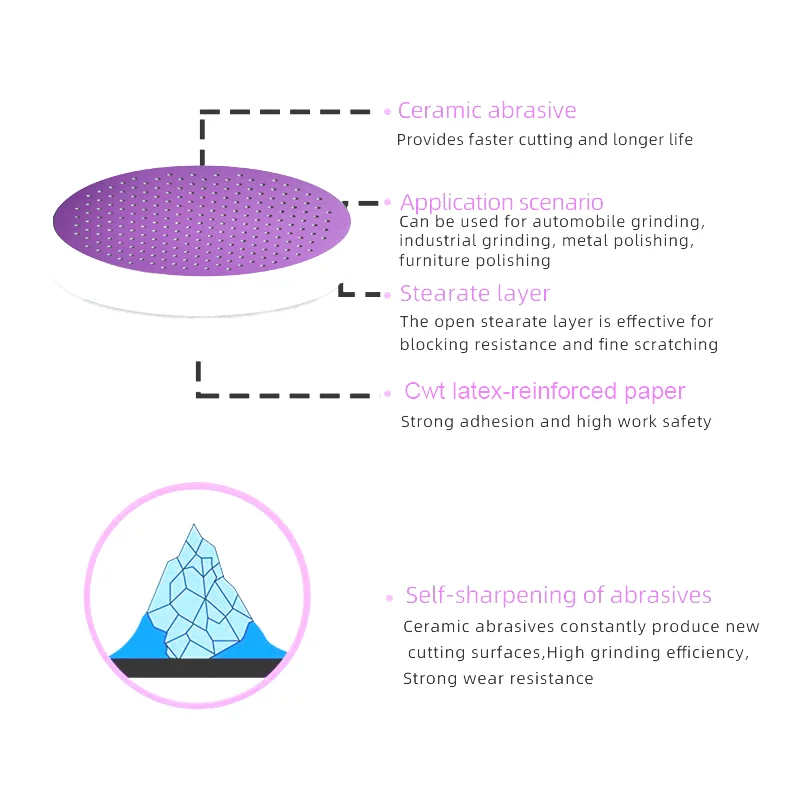The Hidden Dangers of Convenience Foods: Unraveling the Unhealthy Truth

Convenience foods have become an integral part of our modern lifestyle. With their easy accessibility and time-saving benefits, they have gained immense popularity. However, there is a growing concern among health-conscious individuals regarding the impact of convenience foods on our well-being. In this blog post, we will delve into the reasons why convenience foods are often viewed as unhealthy, exploring the various factors that contribute to their negative reputation.
- Nutritional Deficiencies:
One of the primary reasons why convenience foods are considered unhealthy is their poor nutritional profile. These foods are typically high in calories, unhealthy fats, sodium, and added sugars, while lacking essential nutrients such as vitamins, minerals, and fiber. This imbalance can lead to various health issues, including obesity, heart disease, and nutrient deficiencies. - Excessive Processing:
Convenience foods undergo extensive processing to increase their shelf life and enhance their taste. Unfortunately, this processing often involves the addition of artificial preservatives, flavor enhancers, and colorants. These additives can have detrimental effects on our health, including allergic reactions, digestive problems, and even long-term health risks like cancer. - Hidden Ingredients:
Another reason for the negative perception of convenience foods is the presence of hidden ingredients. Manufacturers often use low-quality ingredients, such as refined grains, hydrogenated oils, and high-fructose corn syrup, to cut costs and improve taste. These ingredients can have adverse effects on our health, contributing to weight gain, insulin resistance, and chronic inflammation. - Portion Control and Overeating:
Convenience foods are typically packaged in larger portion sizes, encouraging overeating. This can lead to excessive calorie intake and weight gain. Moreover, the addictive nature of processed foods, combined with their high palatability, makes it challenging to control portion sizes and resist cravings, further contributing to unhealthy eating habits. - Lack of Freshness:
Freshness is a crucial aspect of a healthy diet, as it ensures the intake of essential nutrients. However, convenience foods often lack freshness due to their extended shelf life. The use of preservatives and freezing techniques compromises the nutritional value of these foods, making them less beneficial compared to fresh, whole foods.
Conclusion:
While convenience foods offer convenience and time-saving benefits, it is essential to recognize their potential health risks. The poor nutritional profile, excessive processing, hidden ingredients, portion control issues, and lack of freshness all contribute to the perception that convenience foods are unhealthy. To maintain a balanced and nutritious diet, it is crucial to prioritize whole, unprocessed foods and limit the consumption of convenience foods as much as possible.




